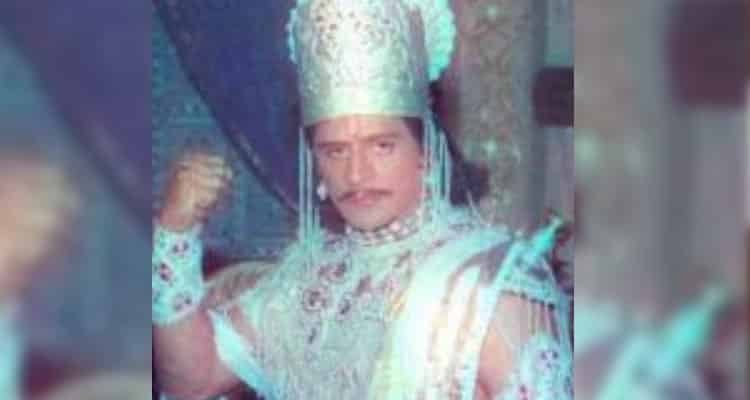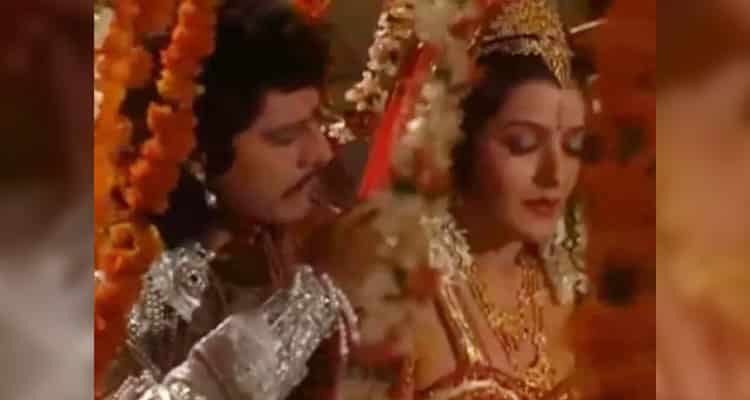In poetry and in stories, retold. By Tagore. By Ghosh. And many more…But before we go into Chitrangada’s tale, we need to step back a little in time, to set the context.
Why Arjun wandered
It was the early years of Yudhishthira’s brief reign. Indraprastha was established, the king crowned. Just as the five brothers finally came to reap the fruits of long years of toil and sacrifice, Arjun’s fate took a twist. He was punished, for walking into the ‘astragar’ where – by destiny, coincidence or ploy – his eldest brother was in compromised position with his wife and sister-in-law, Draupadi. It had been decided, in the interest of peaceful coexistence, that when one brother got his share of a year with Draupadi, the other brothers had to stay away. The penalty was steep – an exile of 12 long years. So off went Arjun. He travelled long and wide, at times in disguise, visiting the neighbouring states and kings. Advised by the greatest political advisor India had ever known – the mighty Krishna – Arjun watches for opportunities… of possible coalitions, of political support, mutually lucrative partnerships. And thus, in the whirl of things, he landed up in the far, far east. Manipur. Now Manipur had a strange history of inheritance, he learnt from local folks. Every king, by virtue of a divine boon, would have a sole heir, a son, who would go on to rule the kingdom. However! There she was. Chitrangada! The boon was broken, and the lineage.
Chitrangada the woman meant to be a man
In defiance of destiny, the father brought up his daughter like a son, the future heiress of the kingdom. Chitrangada was trained in martial arts and archery, horse riding and political decision making. Robed in manly attire and cruising through the landscape on horseback, Chitrangada grew up dreaming of expanding territories, winning wars. And… Arjun! When Arjun arrived, the long dormant facets of her femininity began to find their way out. What was once just hero worship and admiration now began to melt into a romantic desire. Chitrangada began to devise plans to win Arjun over. But how? Wasn’t she too manly a woman for anyone’s liking? Wasn’t she ill-bred, a misfit in matters of the heart? What was she to do, now that her dream stood before her at arm’s length, and yet so much beyond reach? What would you do, if you were her? Tagore says she prayed. To be granted femininity, to be allowed to be beautiful. She prayed for a miracle, a transformation. To become a girl. She was granted a boon. To become a girl, even if for just a year. She could even have a child born off her lover. Related reading: Five fascinating stories about Bahuchara, the deity of transgenders and masculinity
Chitrangada transformed gender
Chitrangada went on to become a woman. To seduce Arjun, to impress him, to win him over. To marry him, to bear his offspring. In fulfillment of her dreams, she now suffered a new crisis. Shame, guilt. Self doubt, a charge of self inflicted hypocrisy. And so, at the end of it all, she confessed to Arjun. That she would not be what she was, not any more. She would remain where she belonged, she would become what she was meant to be. The future king of the land. The warrior. And the child? She would bring him up like a true warrior, too. She’d teach him all she knew, and more. She would make him a son her husband, Arjun, would be proud of one day. She did. Chitrangada kept her promise. Just as she meant to do. Related reading: One body two genders: How the Chandravanshis came to be Babruvahana, the son of Chitrangada and Arjun, went on to become one of the greatest warriors of the time. And when the time came, his mother sent him off to his father. To fight the great battle of Kurukshetra. And to die in it.



